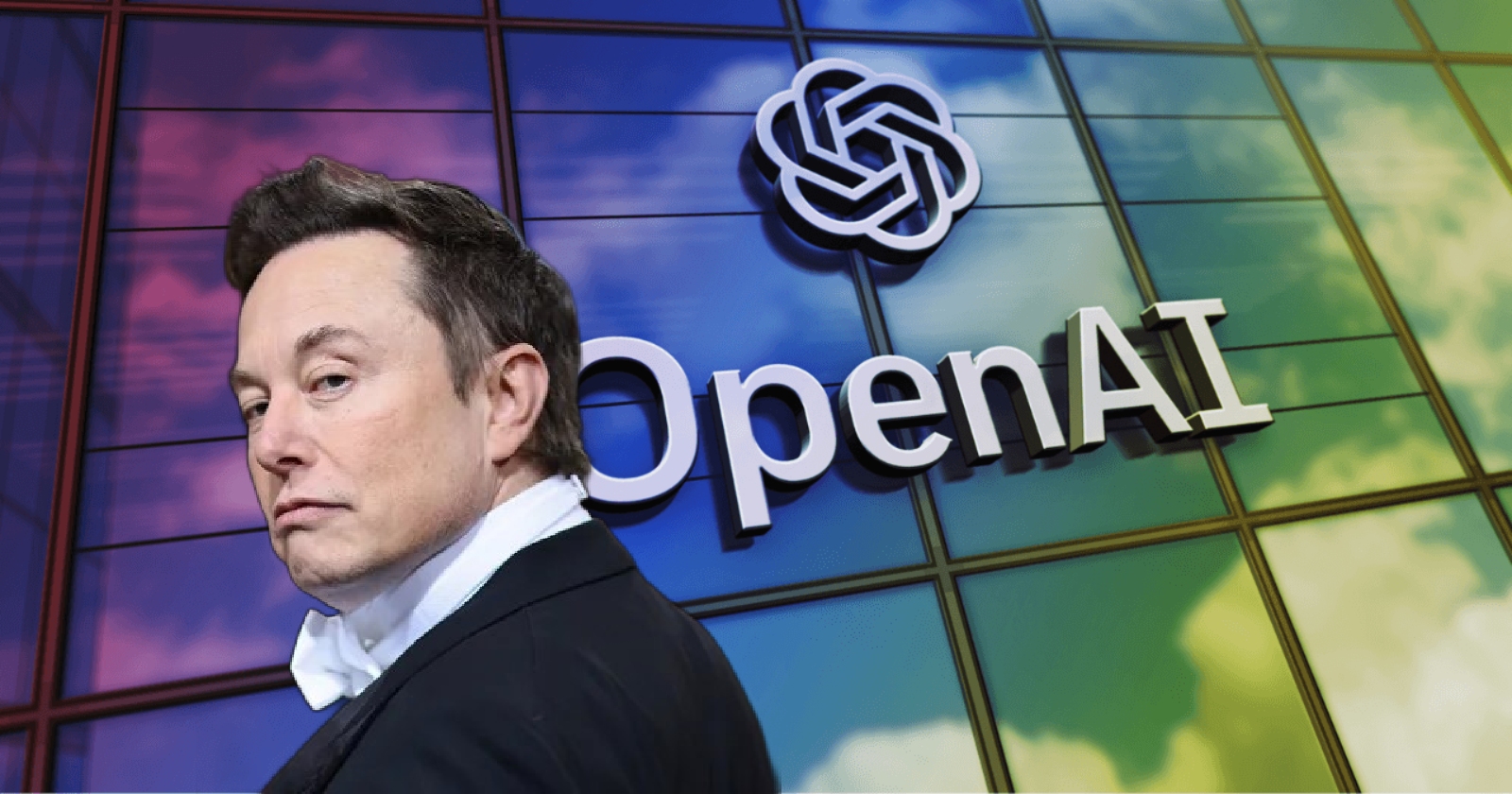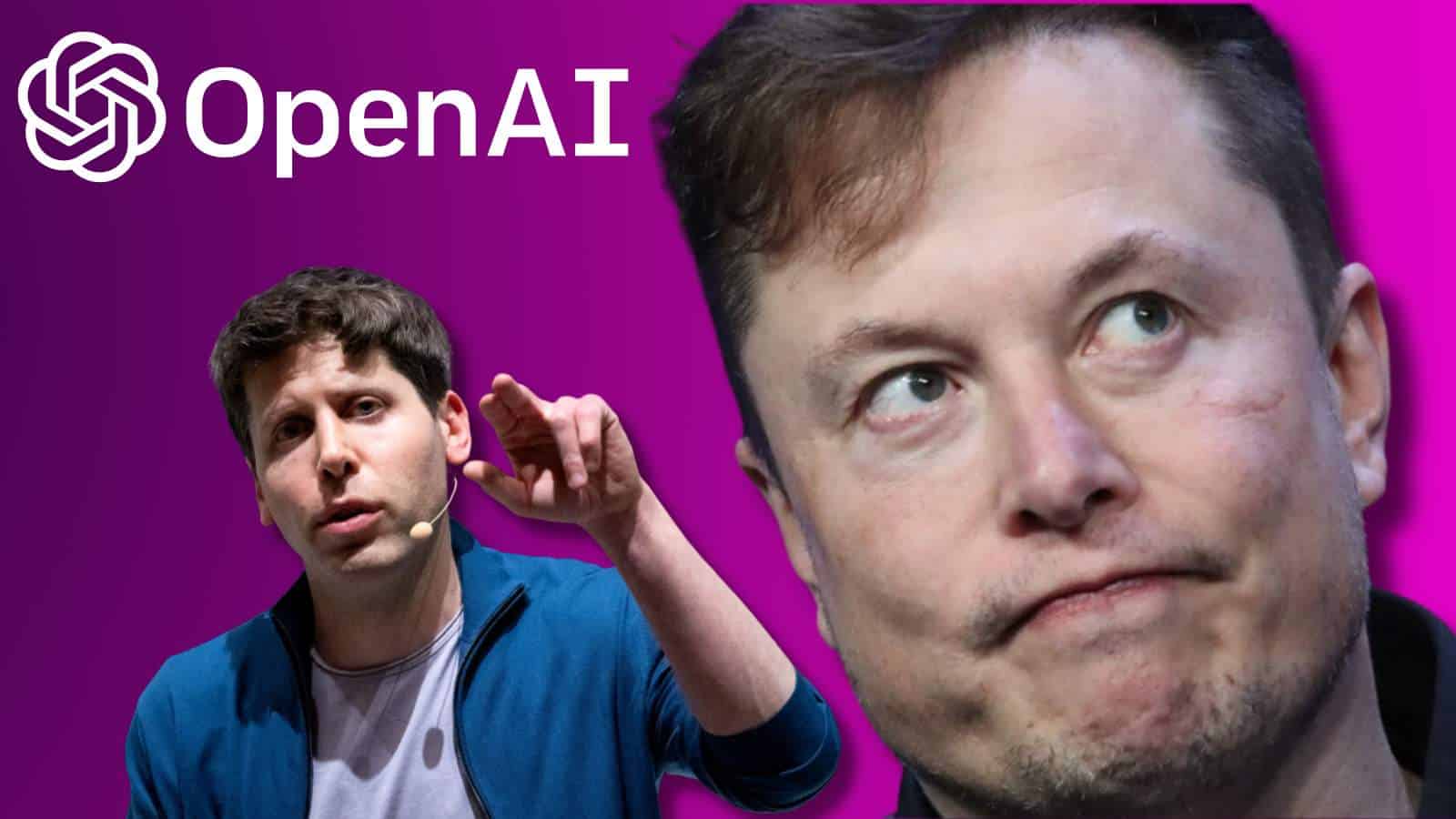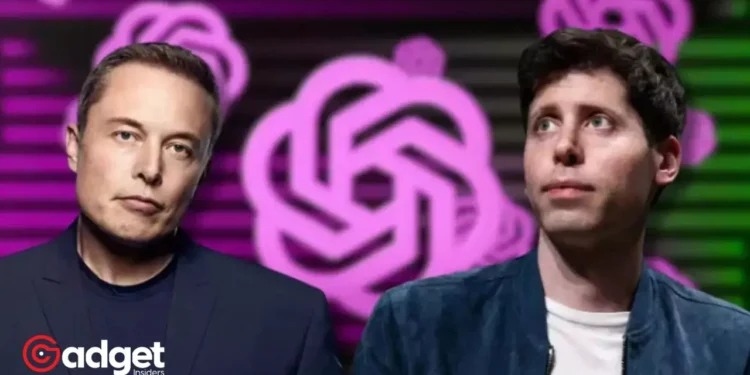Elon Musk, the enigmatic entrepreneur known for spearheading ventures like SpaceX and Tesla, has recently launched a legal offensive against OpenAI, stirring up the tech and legal communities alike. The lawsuit, which alleges a myriad of sensational claims against OpenAI and its CEO, Sam Altman, provides a riveting narrative filled with accusations of hypocrisy, breaches of non-existent contracts, and the misuse of artificial intelligence for profit over public benefit.

Elon Musk vs. OpenAI: A Battle of Ideas and Contracts
At the heart of Elon Musk’s legal battle lies a claim that seems almost theatrical in its assertions. Musk contends that OpenAI, initially presented as a bastion of altruism in the tech industry, has deviated from its noble path, prioritizing profit over the greater good.
This narrative unfolds through a claim for breach of contract, spotlighting the elusive nature of the supposed “Founding Agreement” between Musk and OpenAI. Despite the serious tone of the allegations, the absence of a concrete contract—and the reliance on what Musk’s legal team describes as a vibe captured in emails—casts a shadow of absurdity over the proceedings.
The complaint references the company’s Articles of Incorporation, drawing attention to its commitment to fund research, development, and distribution of AI technology for public benefit—a noble cause that Musk alleges has been subverted by the company’s actions. Yet, the legal argument falters on a critical point: these articles do not constitute a contract Musk can enforce in court.
🔥And this is the exact moment when Elon Musk lost the lawsuit against OpenAI: pic.twitter.com/sXy7CkkOiP
— Luiza Jarovsky (@LuizaJarovsky) March 6, 2024
The Legal Labyrinth
Diving deeper into the legal quagmire, Elon Musk’s lawsuit entertains with its second cause of action: promissory estoppel. This legal doctrine, while a favorite topic in academic circles, rarely sees the light of day in practical courtrooms.
Musk’s attempt to leverage this concept—arguing detrimental reliance on promises from OpenAI sans a formal agreement—adds a layer of irony, considering his substantial donations to the organization. Moreover, the lawsuit’s latter sections, with claims stretching from vague state allegations to a desperate plea for accounting, seem to further dilute the credibility of Musk’s legal stance.
The demand that AI Giant owes Musk money, particularly in the context of nonprofit donations, ventures into territory that might bemuse even seasoned legal professionals.

An Uncertain Road Ahead
As the legal saga unfolds, it promises to be a source of fascination and debate among legal scholars, technology enthusiasts, and the public. The lawsuit, with its mix of legal jargon and sensational claims, reads more like an examination question for first-year law students than a cogent legal strategy.
Analysts speculate that OpenAI’s forthcoming response could very well be a motion to dismiss the case for failing to articulate a valid claim, a move that would hardly surprise those following the proceedings.
Moving Ahead
Elon Musk’s legal confrontation with OpenAI serves as a compelling narrative, highlighting the complexities at the intersection of technology, law, and ethics. As this drama continues to unfold, it raises pertinent questions about the obligations of tech companies to their founding ideals, the intricacies of contract law, and the broader implications for the future of artificial intelligence.
Whether this lawsuit will leave a lasting impact on the legal landscape or simply fade into the annals of tech lore remains to be seen. What is clear, however, is that it has already secured its place as a topic of intrigue and speculation across various domains.










